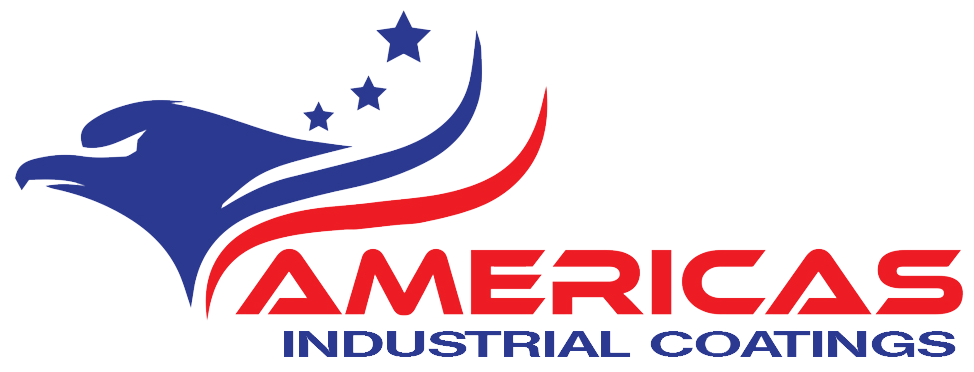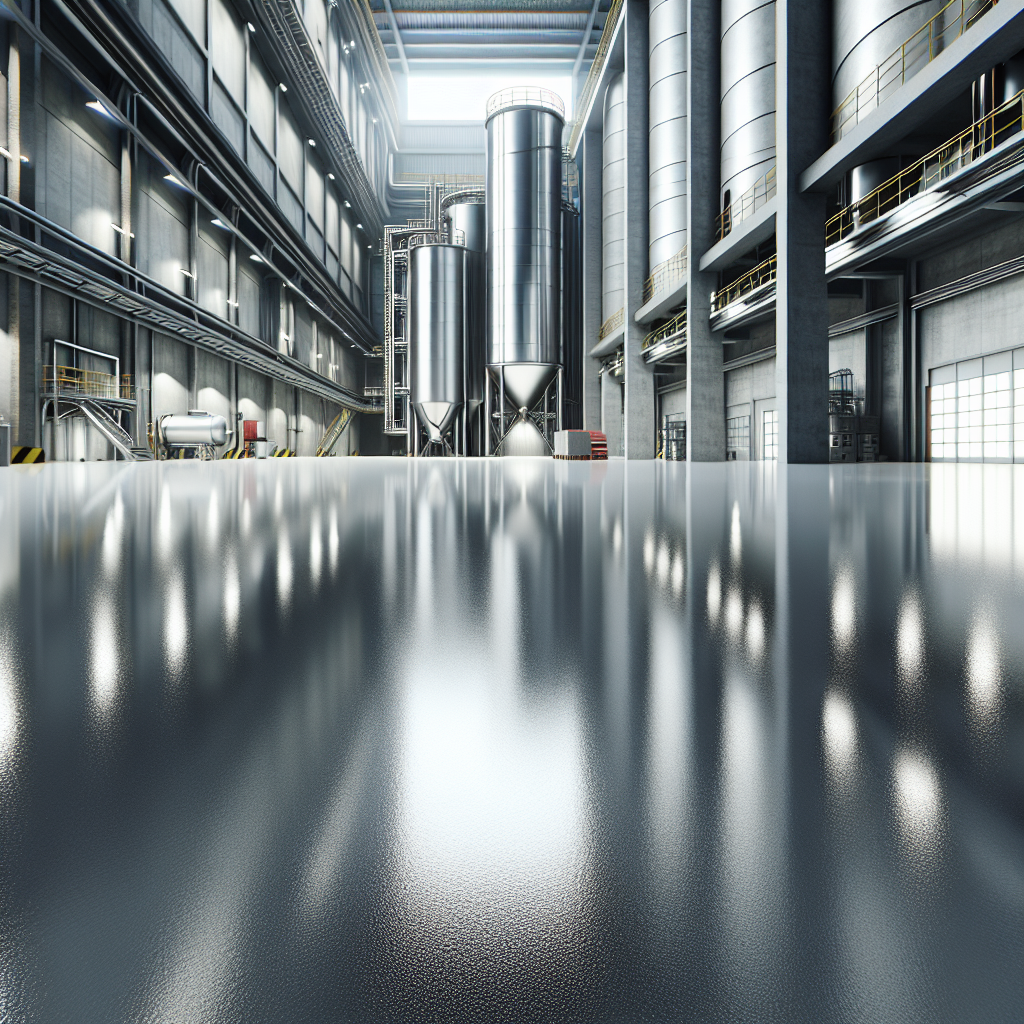Epoxy resin is renowned for its exceptional hardness and durability, making it a popular choice across various industries. But what exactly defines the hardness of epoxy resin? Hardness in this context refers to the material’s ability to resist surface indentation and scratching, which is crucial for applications that demand long-lasting and robust surfaces. The hardness of epoxy resin is typically measured using the Shore D hardness scale, where it often scores between 75 and 90, indicating a very hard material.
Many factors contribute to the hardness of epoxy resin, including its chemical composition, the curing process, and the presence of additives. When cured properly, epoxy resin forms a tightly cross-linked polymer structure that provides excellent resistance to abrasion and mechanical wear. This makes it an ideal choice for industrial flooring, countertops, and even art installations.
At Americas Industrial Coatings, we specialize in providing high-quality epoxy floor installations that leverage these properties to offer unmatched performance and longevity. Call Us Today for a Free Quote and discover how our expert services can meet your specific needs.
Understanding Epoxy Resin Composition
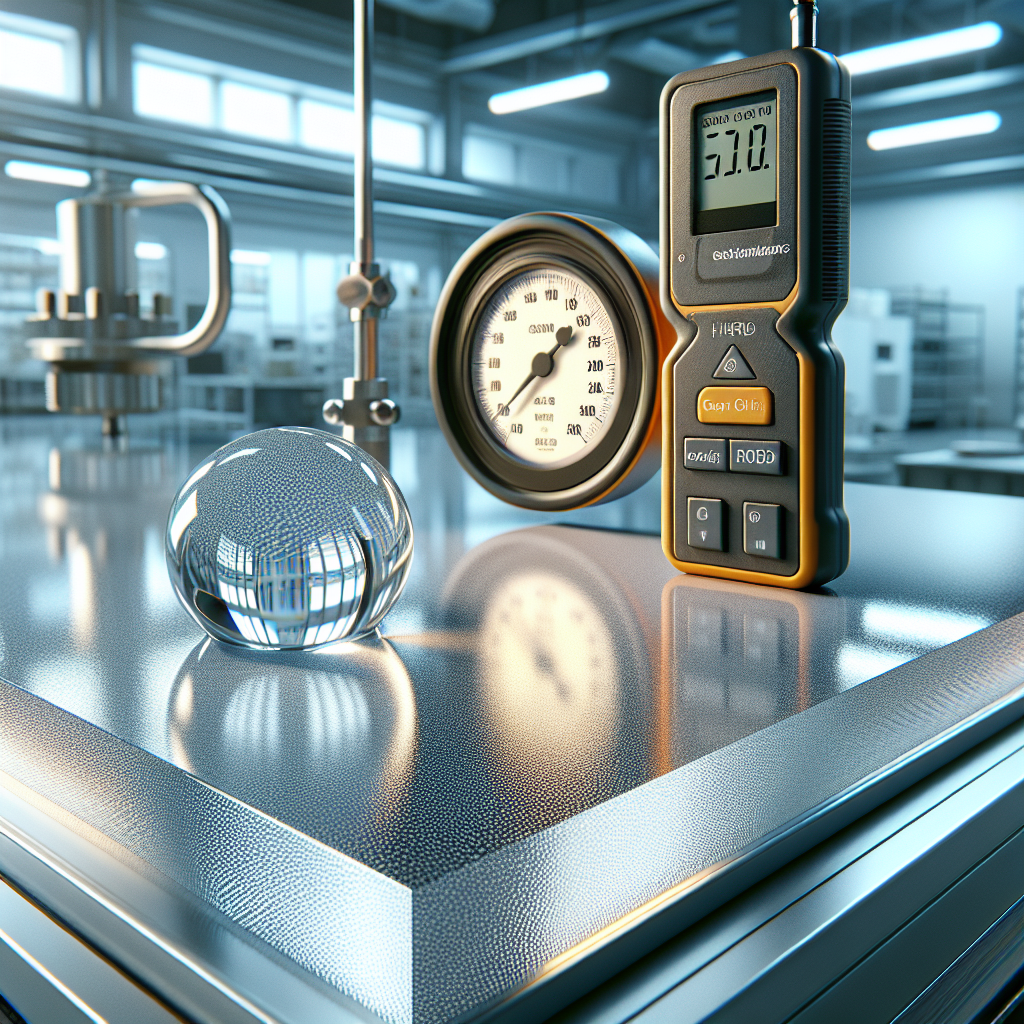
The composition of epoxy resin is a key factor that determines its remarkable properties, including its well-known hardness. Epoxy resin is a thermosetting polymer formed by the reaction of an epoxide ‘resin’ with a polyamine ‘hardener’. This reaction, known as curing, results in a highly cross-linked network, giving epoxy its robust characteristics.
The primary components of epoxy resin include:
- Epoxide Resin: Typically derived from bisphenol-A or bisphenol-F, these resins are responsible for the adhesive and mechanical properties of the final product.
- Hardener: Often an amine-based compound, the hardener initiates the curing process, creating the strong, interlocking molecular structure that defines epoxy resin.
- Additives: Various additives can be incorporated to enhance specific properties like UV resistance, color, flexibility, and viscosity. These modifications allow epoxy resin to be tailored for a wide range of applications.
Understanding the composition of epoxy resin helps in appreciating why it is so highly valued in industrial settings. The precise formulation and curing process are what enable this material to withstand the rigorous demands of environments such as manufacturing floors, commercial kitchens, and more.
Factors Affecting Epoxy Resin Hardness
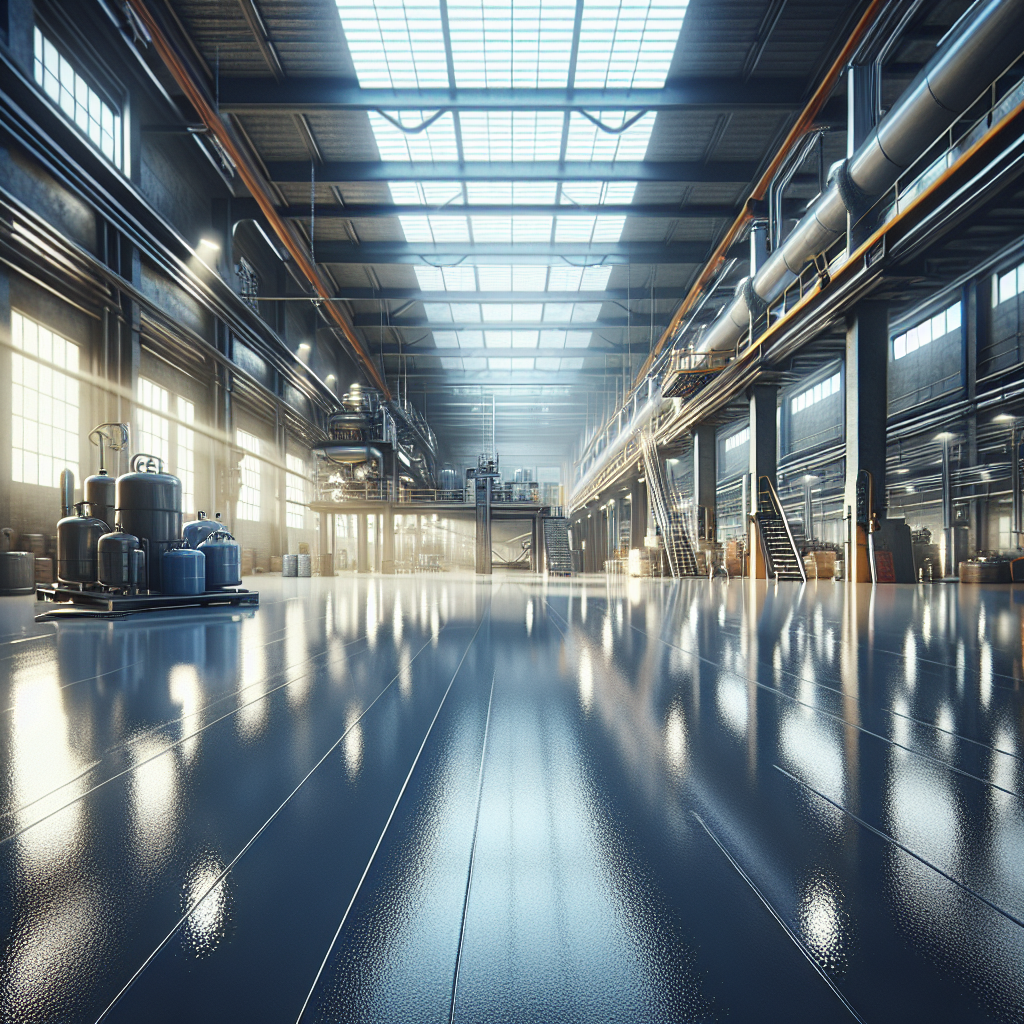
Several factors play a crucial role in determining the hardness of epoxy resin, making it adaptable for various applications. These factors include:
- Curing Temperature: The temperature at which the epoxy resin is cured significantly impacts its hardness. Higher curing temperatures generally result in a harder, more rigid material due to the increased cross-linking density within the polymer matrix.
- Mixing Ratio: The proportion of resin to hardener must be precise. Deviating from the recommended ratio can lead to incomplete curing, resulting in a softer and less durable epoxy coating.
- Type of Hardener: Different hardeners can produce varying degrees of hardness. For example, aliphatic amines tend to yield a more flexible finish, while aromatic amines create a harder, more chemical-resistant surface.
- Post-Curing: Additional heat treatment after the initial curing process can further enhance the hardness and durability of epoxy resin. This post-curing step is often used in high-performance applications where maximum strength is required.
- Additives and Fillers: Incorporating specific additives like silica, alumina, or carbon fibers can increase the hardness and mechanical strength of the epoxy resin. These additives not only enhance hardness but also improve wear resistance and thermal stability.
Each of these factors must be carefully controlled to achieve the desired hardness and performance characteristics. By understanding and manipulating these variables, manufacturers can produce epoxy resin coatings that meet the specific demands of their applications, from industrial flooring to aerospace components.
Comparing Epoxy Resin with Other Materials
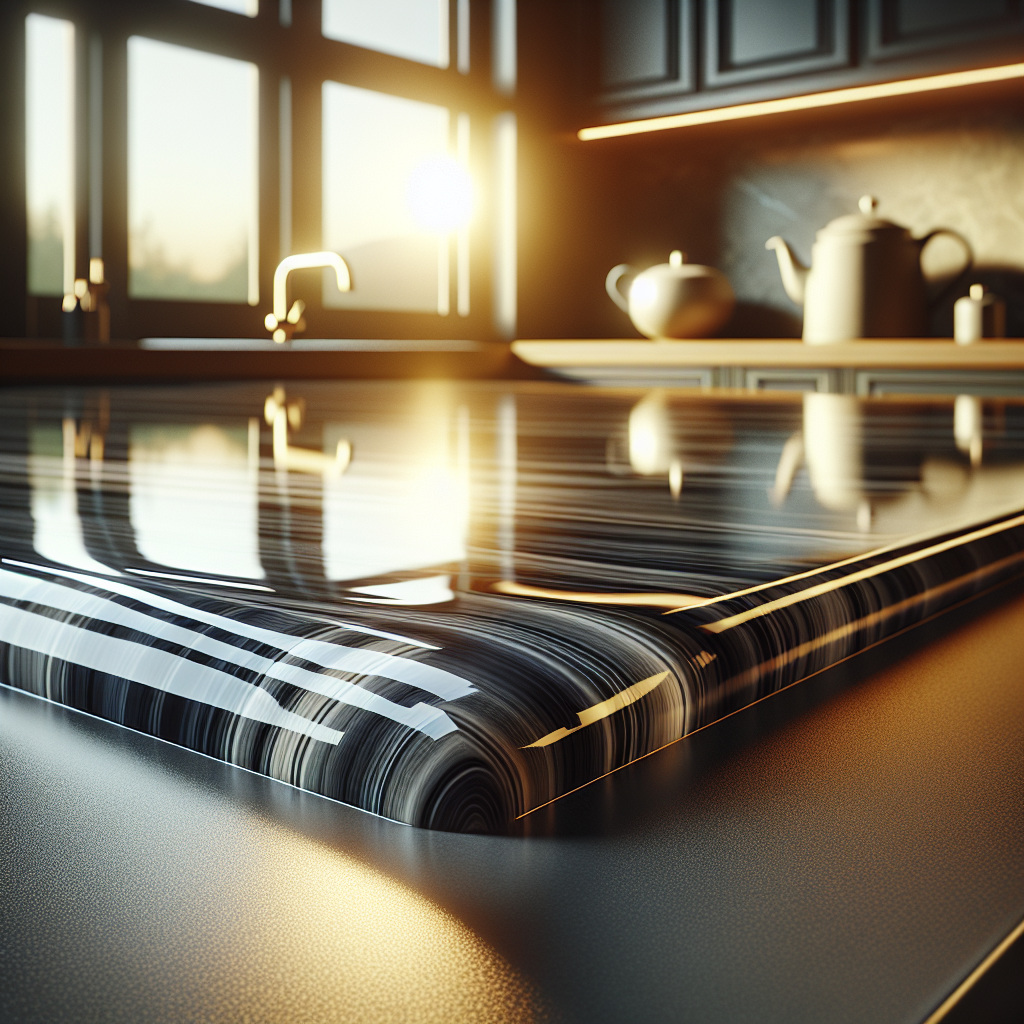
When it comes to selecting materials for various applications, understanding how epoxy resin compares to other materials is essential. Here’s a detailed comparison:
- Epoxy Resin vs. Polyester Resin: Epoxy resin is often favored over polyester resin due to its superior adhesive properties and chemical resistance. While polyester resin is less expensive and cures faster, epoxy resin provides a more durable and longer-lasting finish, making it ideal for demanding environments.
- Epoxy Resin vs. Polyurethane: Both materials offer excellent durability, but epoxy resin typically exhibits greater hardness and chemical resistance. Polyurethane, on the other hand, is more flexible and can withstand impacts better, making it suitable for surfaces subject to heavy foot traffic or mechanical stress.
- Epoxy Resin vs. Acrylic: Acrylic coatings are known for their quick drying times and UV resistance. However, they lack the mechanical strength and chemical resistance of epoxy resin. Epoxy coatings are more suited for industrial applications where durability and longevity are crucial.
- Epoxy Resin vs. Concrete: While concrete is a robust and durable material, it can be porous and susceptible to cracking. Epoxy resin can be used as a coating to enhance the properties of concrete, providing an impermeable, hard, and chemically resistant surface that extends the lifespan of the underlying material.
Each material has its own set of advantages and limitations. By comparing these materials, it becomes clear that epoxy resin often provides a unique combination of hardness, durability, and chemical resistance, making it a versatile choice for a wide range of applications.
Applications of Hard Epoxy Resin
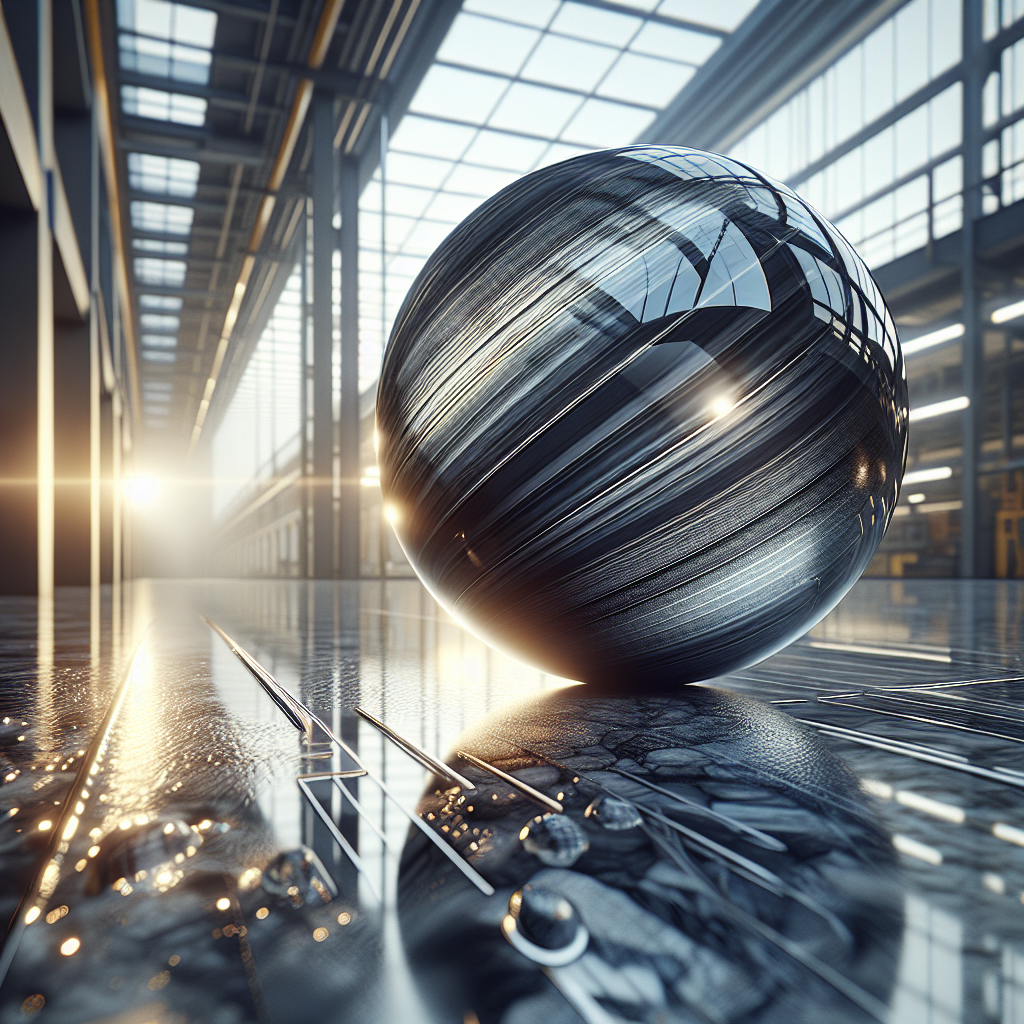
Thanks to its exceptional strength and durability, hard epoxy resin finds widespread applications across various industries. Here’s a closer look at some of the most common uses:
- Industrial Flooring: Hard epoxy resin is commonly used in industrial settings for floor coatings due to its ability to withstand heavy machinery, chemical spills, and high foot traffic. Its seamless and non-porous nature makes it easy to clean and maintain.
- Marine and Boating: In the marine industry, epoxy resin is used for boat construction and repairs. Its resistance to water and corrosion makes it ideal for creating waterproof seals and strengthening boat hulls.
- Automotive: Epoxy resin is utilized in the automotive sector for coating and bonding purposes. Its high adhesion properties ensure that it bonds well with different materials, providing a durable and long-lasting finish.
- Construction: In construction, epoxy resin is used for structural repairs, coatings, and as an adhesive for bonding different building materials. Its ability to reinforce and protect concrete surfaces is particularly valuable in extending the lifespan of structures.
- Electronics: Epoxy resin is widely used in the electronics industry for encapsulation and potting components. This provides protection against moisture, dust, and mechanical damage, ensuring the longevity of electronic devices.
- Art and Design: Artists and designers use epoxy resin for creating jewelry, tabletops, and other decorative items. Its clear, glossy finish and ability to encapsulate objects make it a popular choice for aesthetic applications.
These diverse applications underscore the versatility of hard epoxy resin. Whether in industrial, marine, automotive, construction, electronics, or art, its combination of strength, durability, and resistance to environmental factors makes it an invaluable material.
Maintaining and Enhancing Epoxy Resin Hardness
Maintaining and enhancing the hardness of epoxy resin is crucial for ensuring its longevity and performance. Proper care and maintenance can significantly extend the lifespan of your epoxy surfaces. Here are some tips to help you keep your epoxy resin in top condition:
- Regular Cleaning: Keep your epoxy surfaces clean by regularly sweeping and mopping. Use a mild detergent and water for routine cleaning to remove dirt and debris without damaging the surface.
- Avoid Abrasive Cleaners: Steer clear of harsh chemicals and abrasive cleaners that can scratch or dull the surface of the epoxy resin. Instead, opt for gentle cleaning agents that are safe for epoxy coatings.
- Protective Mats and Pads: Place protective mats or pads under heavy furniture and equipment to prevent scratches and indentations. This is especially important in industrial and commercial settings where heavy machinery is used.
- Periodic Recoating: Depending on the level of wear and tear, consider recoating the epoxy surface periodically. This will help restore the original shine and hardness, providing an additional layer of protection.
- Temperature Control: Maintain a stable temperature in the environment where the epoxy resin is used. Extreme temperature fluctuations can cause the epoxy to expand and contract, leading to potential damage.
- UV Protection: If your epoxy resin is exposed to direct sunlight, consider using UV-resistant coatings or additives. UV exposure can cause yellowing and degradation of the epoxy over time.
By following these maintenance tips, you can keep your epoxy surfaces looking pristine and performing at their best. Regular upkeep not only enhances the hardness but also preserves the aesthetic appeal of the epoxy resin.
Call Us Today for a Free Quote: Ready to experience the benefits of expertly installed epoxy flooring? Contact Americas Industrial Coatings in Fort Lauderdale for a free quote and consultation. Let us help you achieve durable and beautiful epoxy surfaces that stand the test of time.
